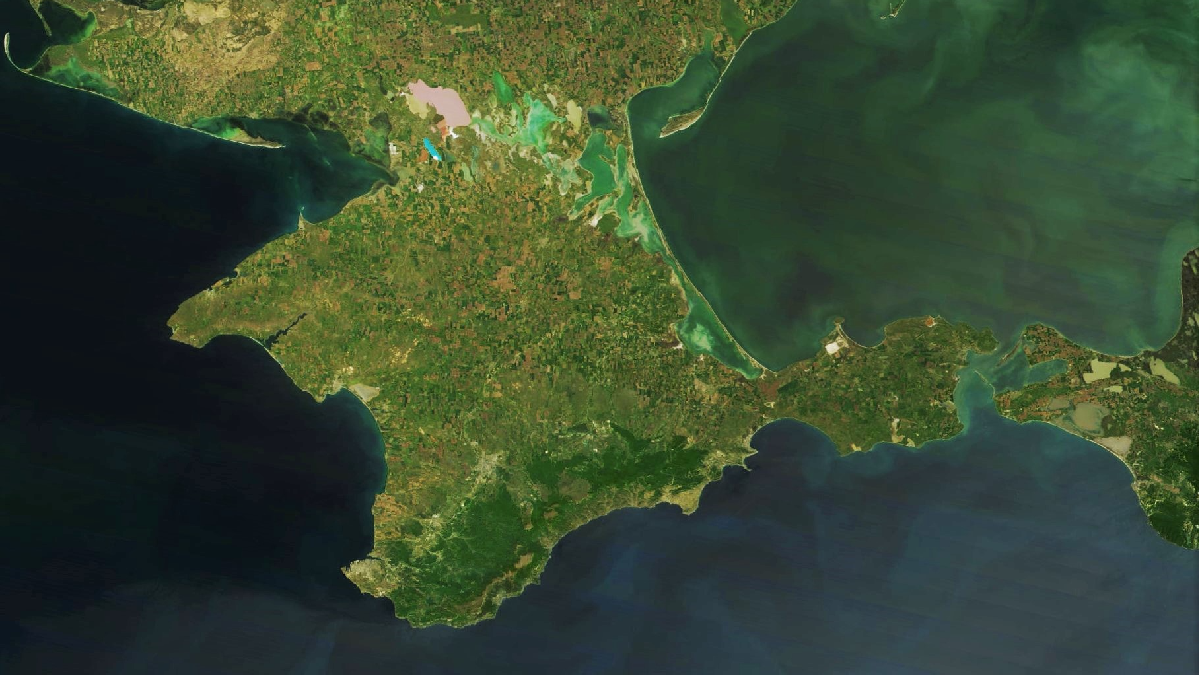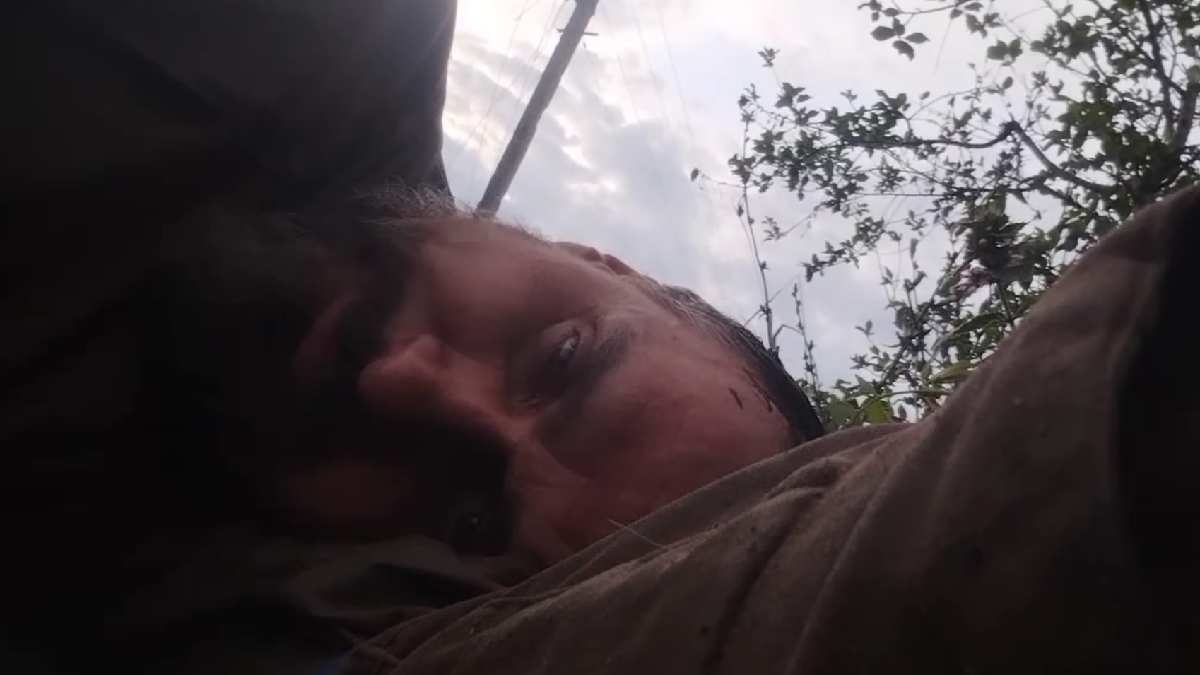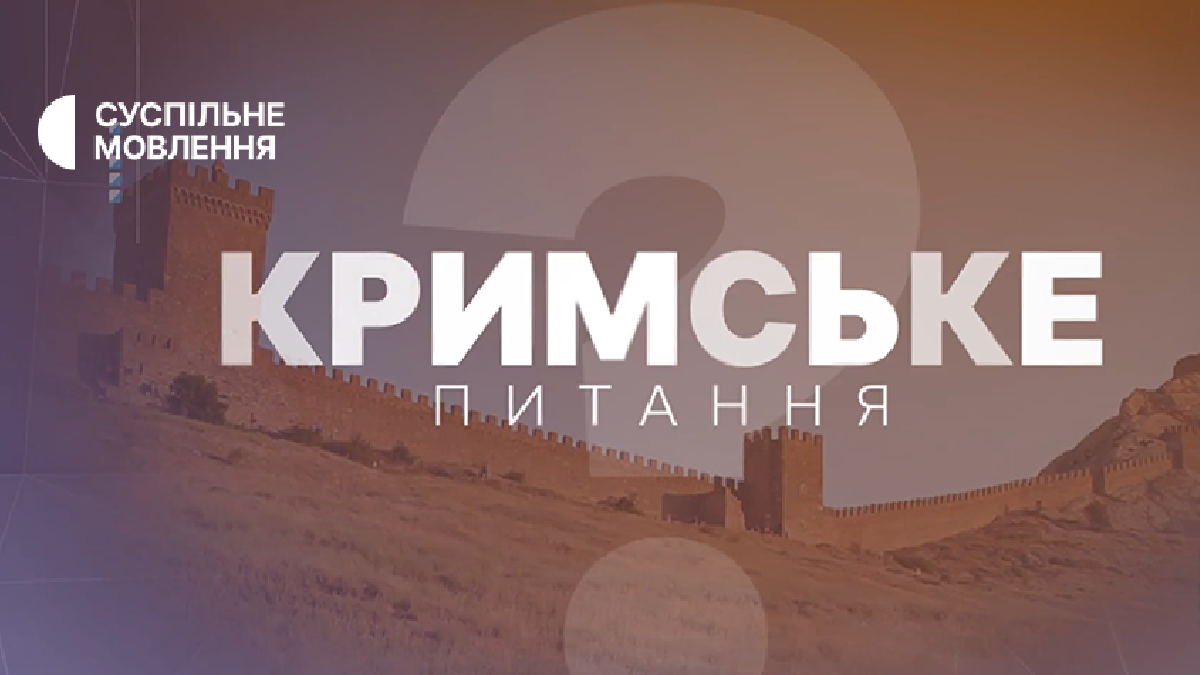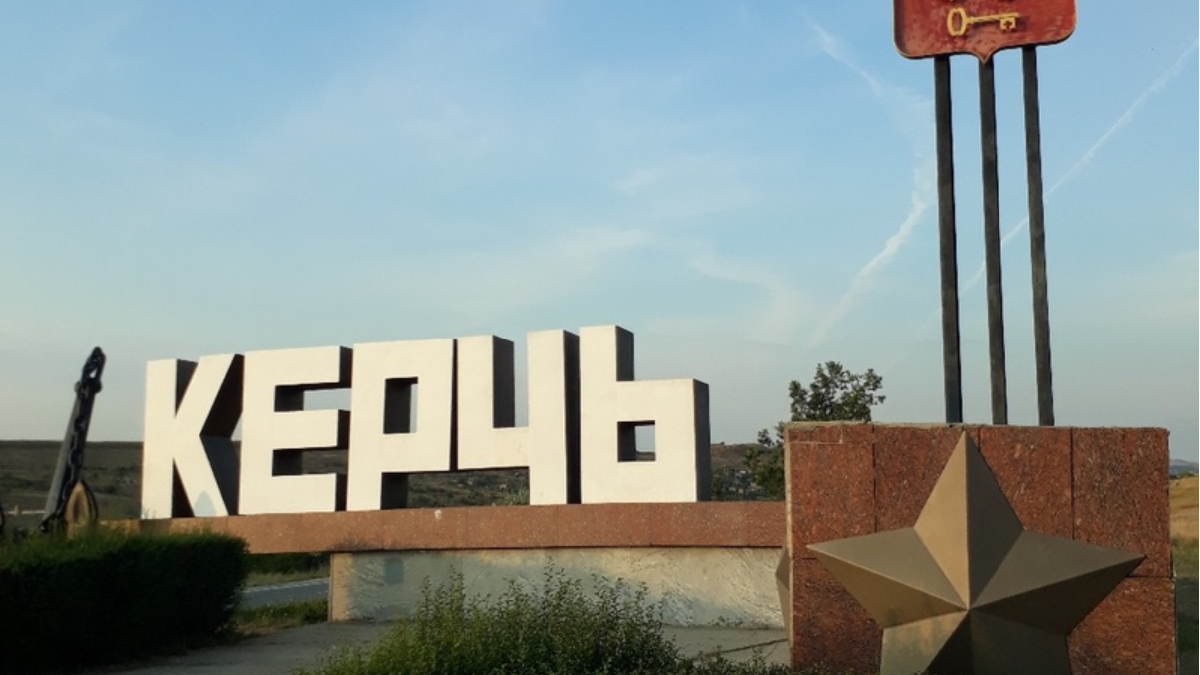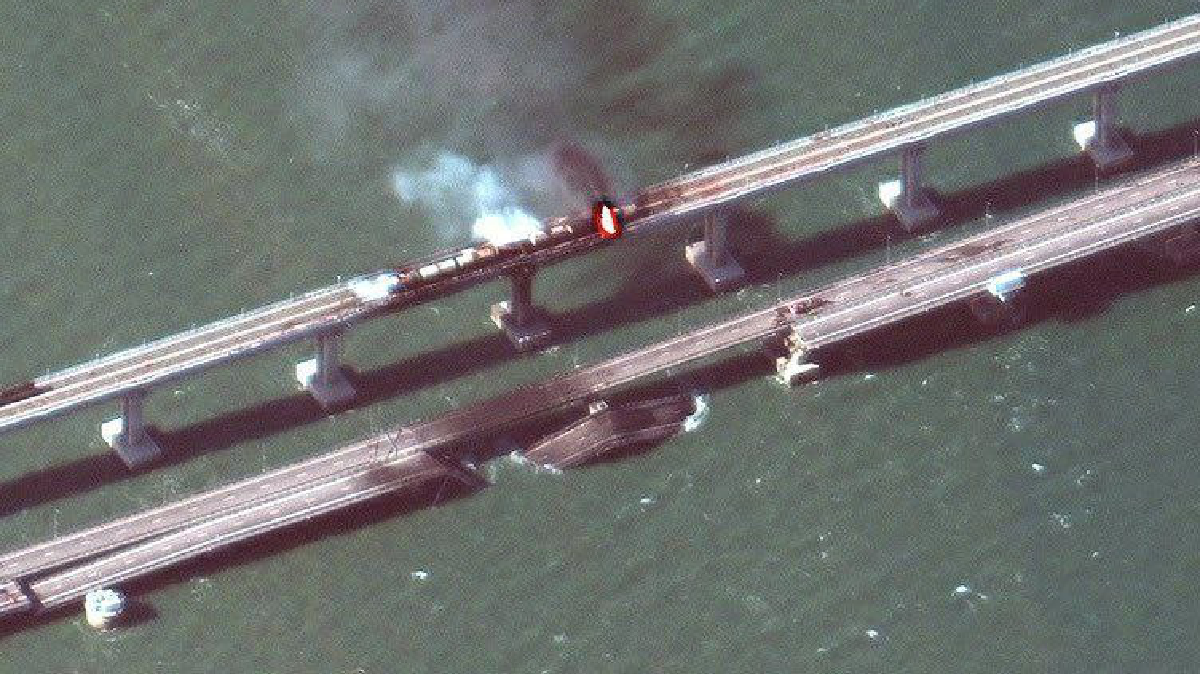The day when Crimea chose independent Ukraine
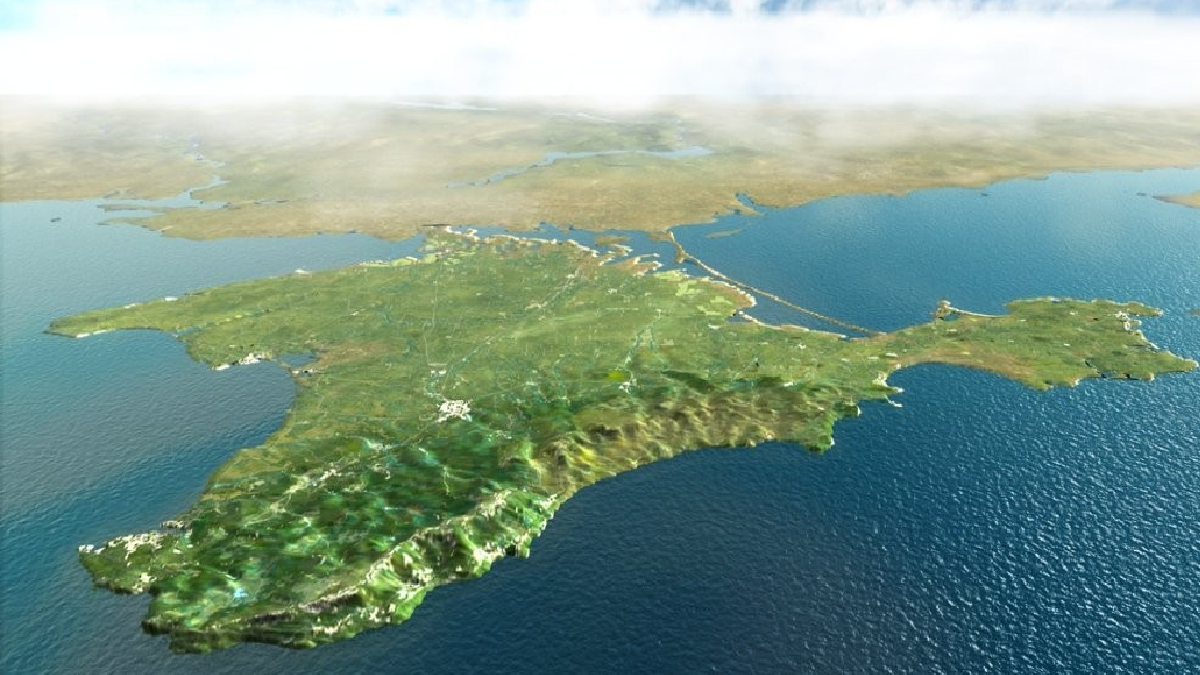
For more than thirty years, Crimea has existed in the form of autonomy within Ukraine. The referendum became a real "restructuring" of the moods and desires of the communist elite to adapt to the new conditions. It was then that the issue of interethnic relations arose in Crimea. First of all, the Crimean Tatars. Crimea was the only region of the Ukrainian SSR where there was no Ukrainian ethnic majority, and this is a direct path to the disintegration of the state. The leaders of the CPU regional committee held a nationwide will to restore the autonomous status of Crimea.
Historian Andriy Ivanets told the Suspilne Crimea about the idea of recreating the Crimean Autonomous Soviet Socialist Republic.
"At the time of the referendum, in early 1991, the process of returning from the places of deportation of the Crimean Tatar people was underway. Moreover, the very idea of reproducing the Crimean autonomous Soviet socialist republic belonged to the Crimean Tatar national movement. But at that moment, this idea was intercepted by the Crimean Communist Party nomenklatura, which itself saddled the concept of autonomy and used it in fact against the Crimean Tatar national movement.
"It was felt that this was done in order to prevent the Crimean Tatars from gaining real power, and on the other hand, to slow down the process of Ukraine's sovereignty from the Soviet Union. The referendum was held outside the legal field, because in early 1991 "The referendum was held by the Crimean oblast authorities. It was later recognized by the authorities of the Ukrainian Soviet Socialist Republic and the law on the restoration of the Crimean Autonomous Soviet Socialist Republic was passed on February 12", - Andriy Ivanets said.
In October 1921, Lenin and Kalinin signed a document establishing the Crimean Autonomous Socialist Soviet Republic, and in 1936, after the adoption of the Stalinist Constitution of the USSR, the words "Socialist" and "Soviet" in the title changed their order.
The constitution of the autonomous Crimea at that time proclaimed international principles, and two languages were recognized as state languages - Russian and Crimean Tatar. The Bolsheviks began to actively pursue a policy of "indigenization".
On February 12, 1991, the Verkhovna Rada adopted the Law of the Ukrainian SSR on the Restoration of the Crimean Autonomous Soviet Socialist Republic, which consolidated the new status of the region and later introduced it into the Constitution, which was in force until 1996.
On September 4, 1991, the Verkhovna Rada of the Crimean Autonomous Soviet Socialist Republic adopted the Declaration of State Sovereignty. The text contained a statement about the intention to build a democratic state within Ukraine.
Andriy Shchekun, editor-in-chief of the Crimean Svitlytsia newspaper, believes that Crimean autonomy has not paid off at all.
"Autonomy did not give anything positive for Ukraine, and it did not justify itself at all. In my opinion, it was Ukraine's mistake to create autonomy in 1991. Let the Crimean region remain part of Ukraine. And only then, when the Crimean Tatars returned, it was possible to organize certain discussions, analyze the Law on Indigenous Peoples and grant the status of national autonomy within Ukraine. This was a strategic mistake at the time. Pseudo-referendums and discussions have affected what we have now, "said Andriy Shchekun, co-coordinator of the National Council of Ukrainians of Crimea.
The referendum of December 1, 1991 gave more than 54% for Ukraine's independence, and the Constitution of the Republic of Crimea of May 6, 1992 re-recorded the status of Crimea as part of Ukraine, although many provisions of this document contradicted Ukrainian law.
"The 1991 referendum was a time bomb that exploded in 2014. Ways to restore the Crimean autonomy are defined completely incorrectly. Crimean autonomy was recreated, neglecting all the rights of the Crimean Tatar people. Now, looking at historical events, we understand that we need to reformat the current status of Crimean autonomy into national-territorial autonomy with the right of its indigenous people to self-determination", - Refat Chubarov told Suspilne Radio.
The main thing to understand about the January 20, 1991 referendum is that this historical and legal fact did not in any way call into question Crimea's affiliation with Ukraine.
Currently, Russian propaganda calls the event of January 20, 1991", the first step towards the Crimean spring".
"To date, any events that concern not so much Ukraine's independence as what happened in the 20th century are treated as an act of injustice in relation to the independence of Crimea. General Russian propaganda views Crimea as "Russian territory". This policy was observed during the first annexation of Crimea. Russia still considers the transfer of Crimea to the Ukrainian SSR in 1954 a historic mistake", - Gayana Yuksel, a member of the Mejlis of the Crimean Tatar people said.
She also noted that the views of Russian propaganda should be taken very carefully.

